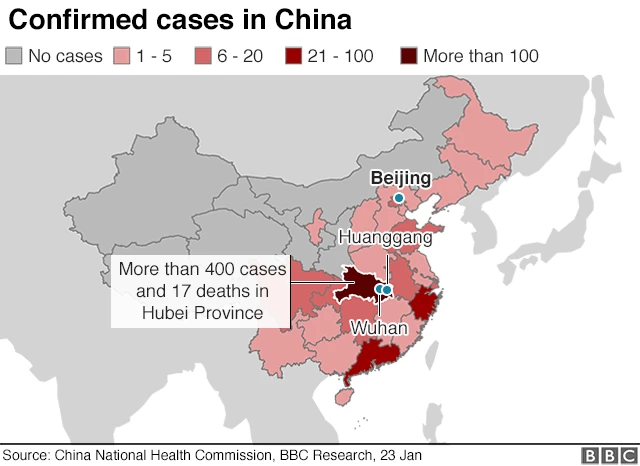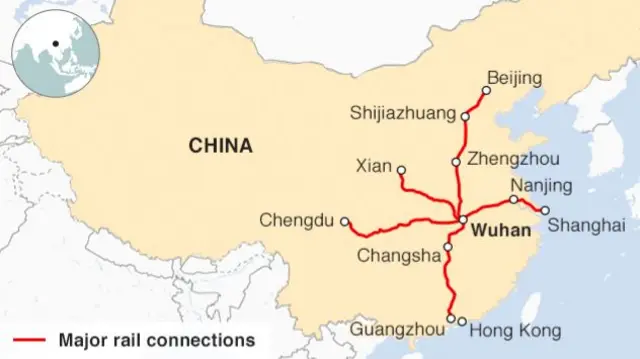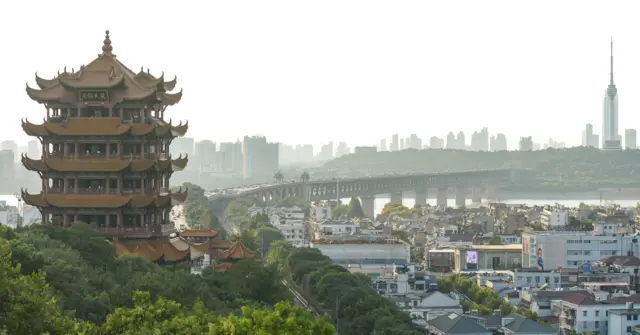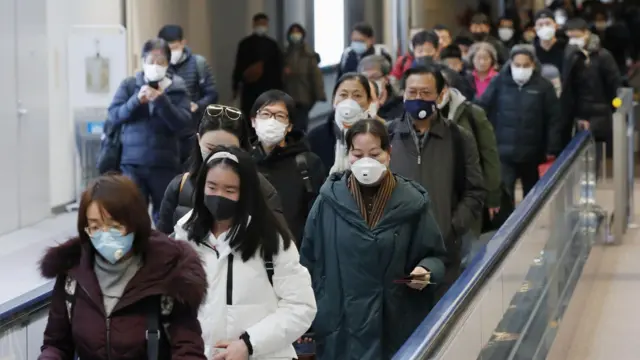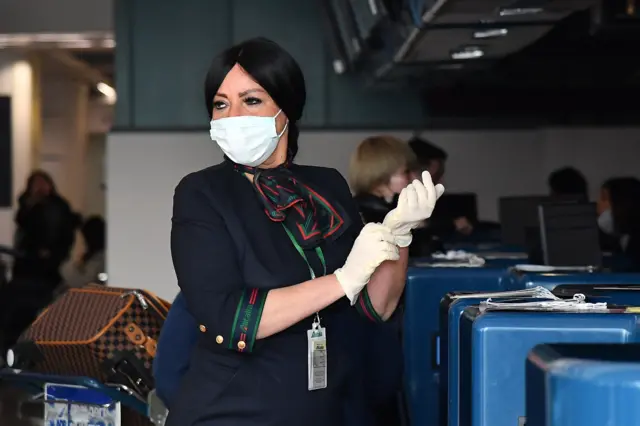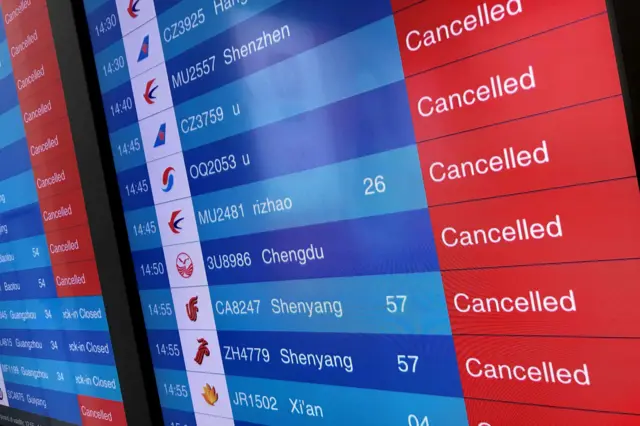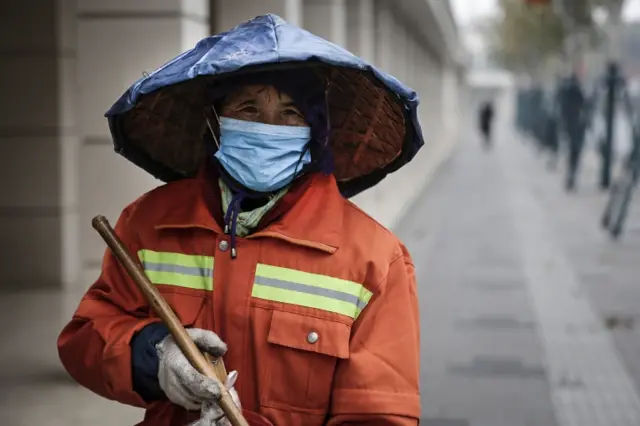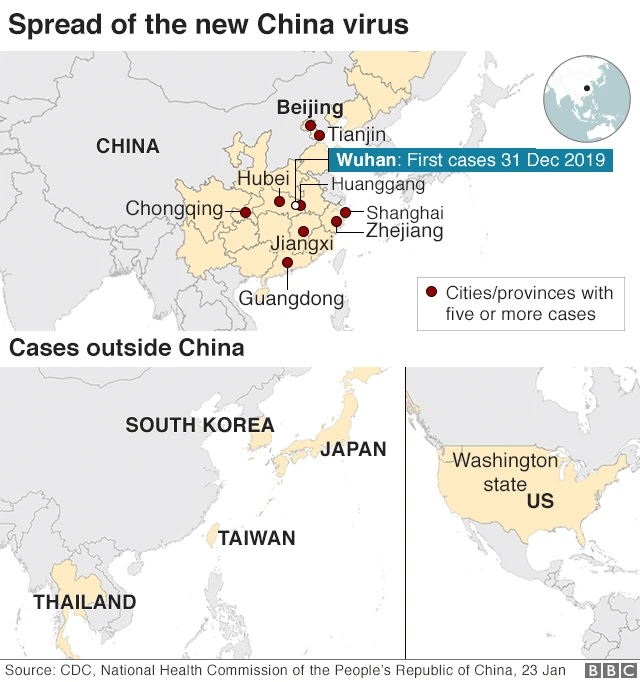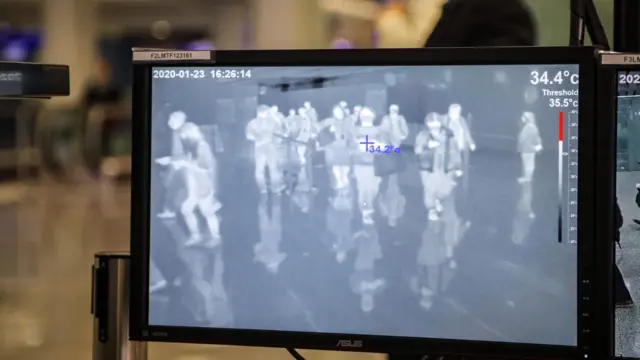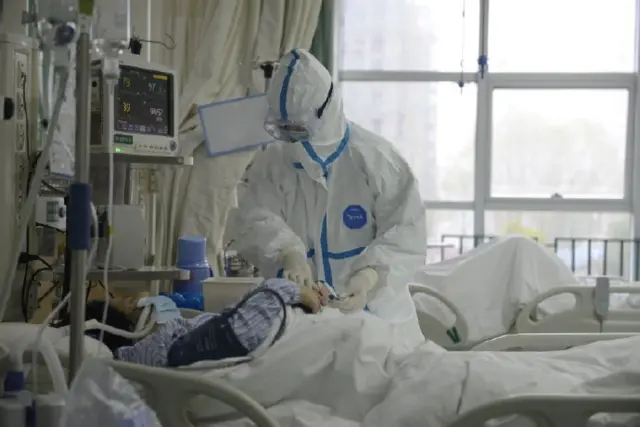Embassy searches for Wuhan tourist in Francepublished at 12:37 GMT 23 January 2020
Lucy Williamson
BBC News Paris Correspondent
The Chinese Embassy in Paris has told the BBC that they are trying to locate a woman from the Wuhan area who said on social media that she had taken medication to suppress signs of the virus in order to enter France.
There is no confirmation of whether she is still in France, or whether she does have the virus.
The woman had reportedly passed through screening at customs while flights out of Wuhan were still operating and then posted pictures of herself eating at a Michelin-starred restaurant in France and described how she had managed to get there.
She has been widely criticised by other Chinese social media users, the South China Morning Post reports.
Allow X content?
This article contains content provided by X. We ask for your permission before anything is loaded, as they may be using cookies and other technologies. You may want to read X’s cookie policy, external and privacy policy, external before accepting. To view this content choose ‘accept and continue’.
